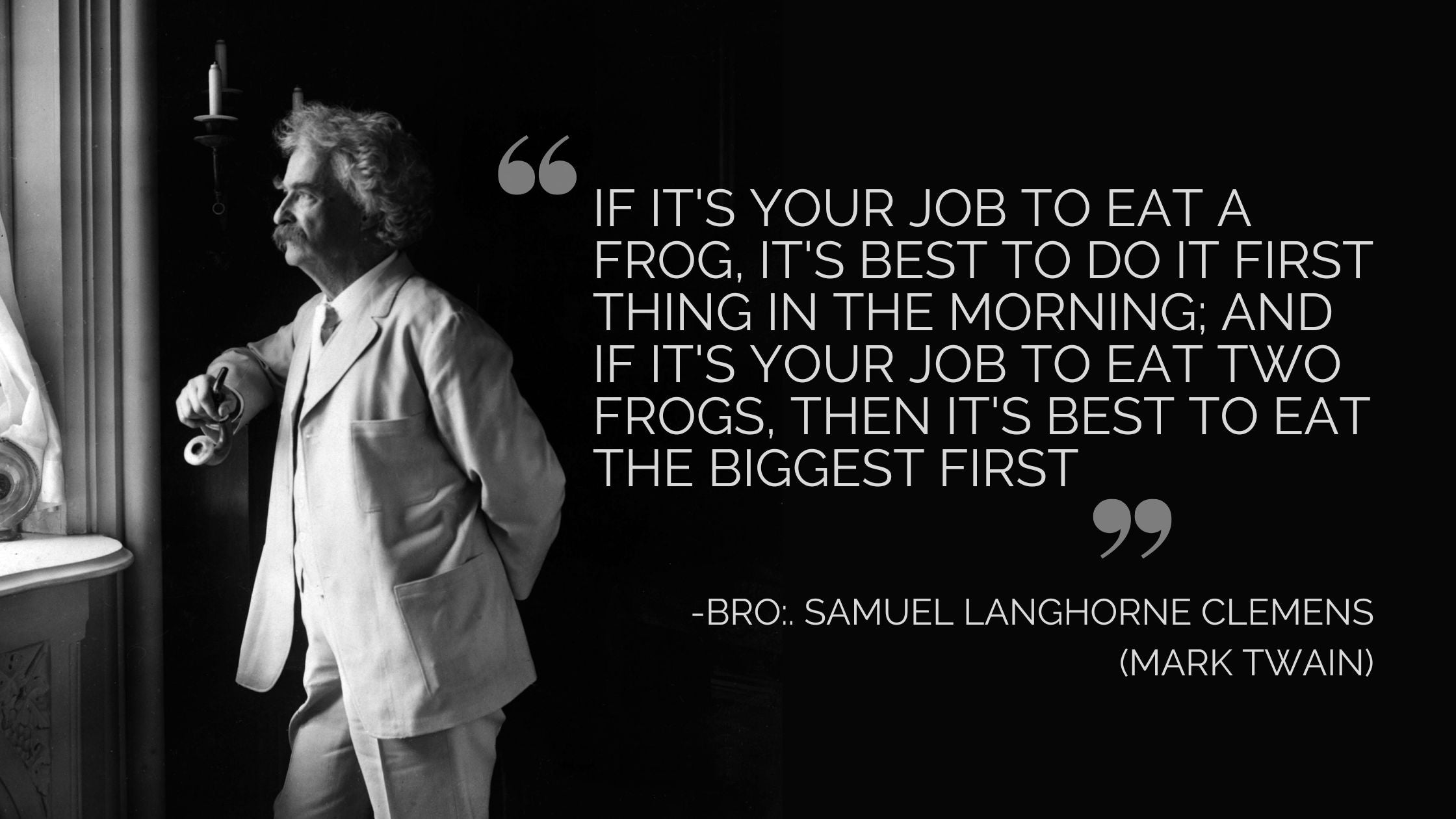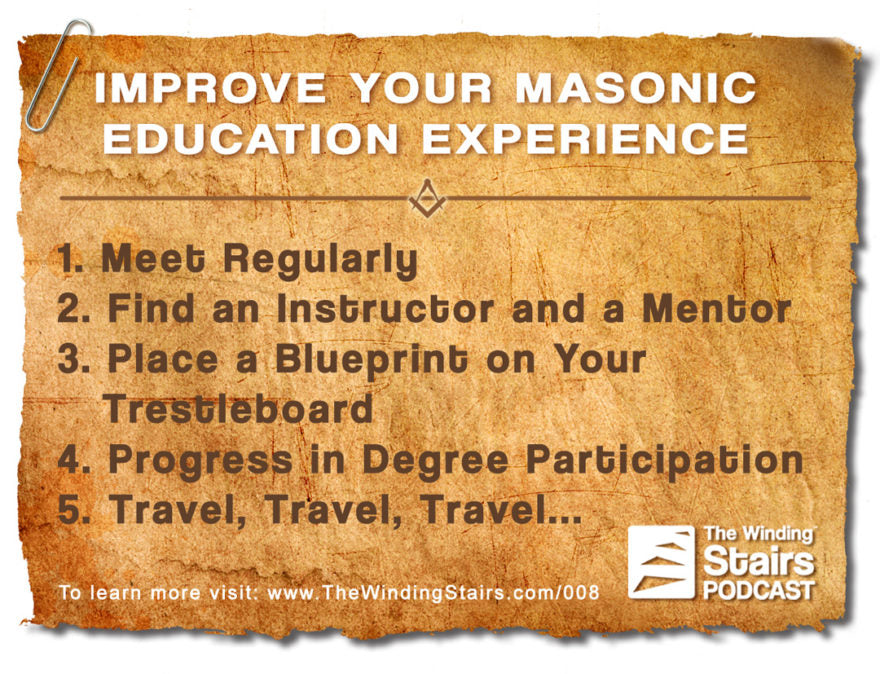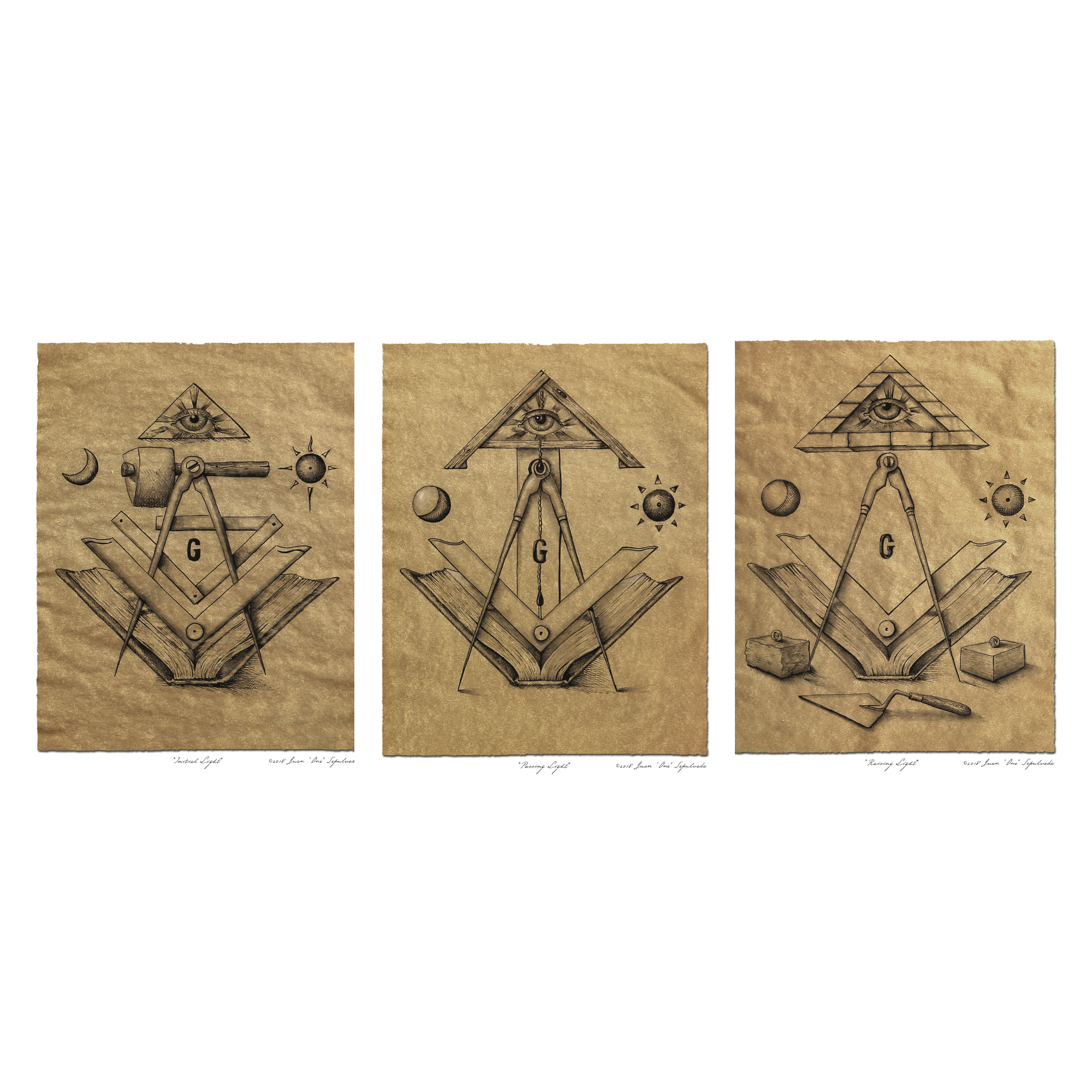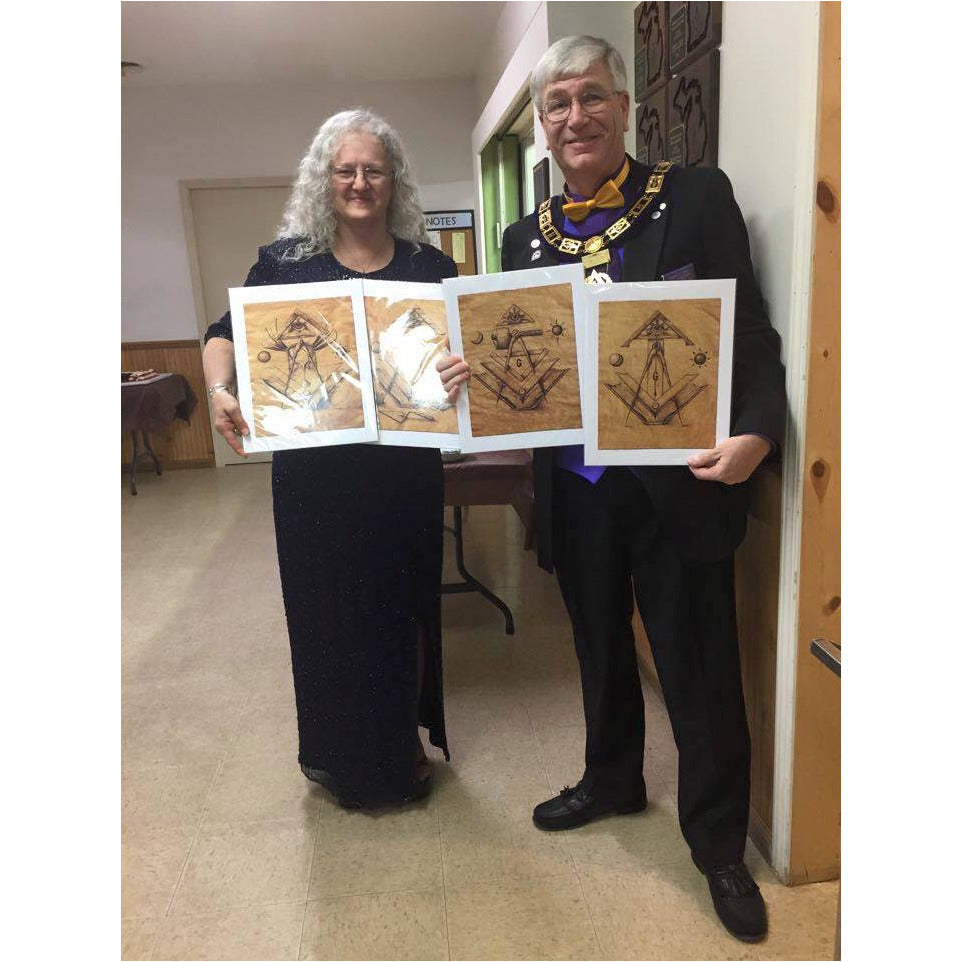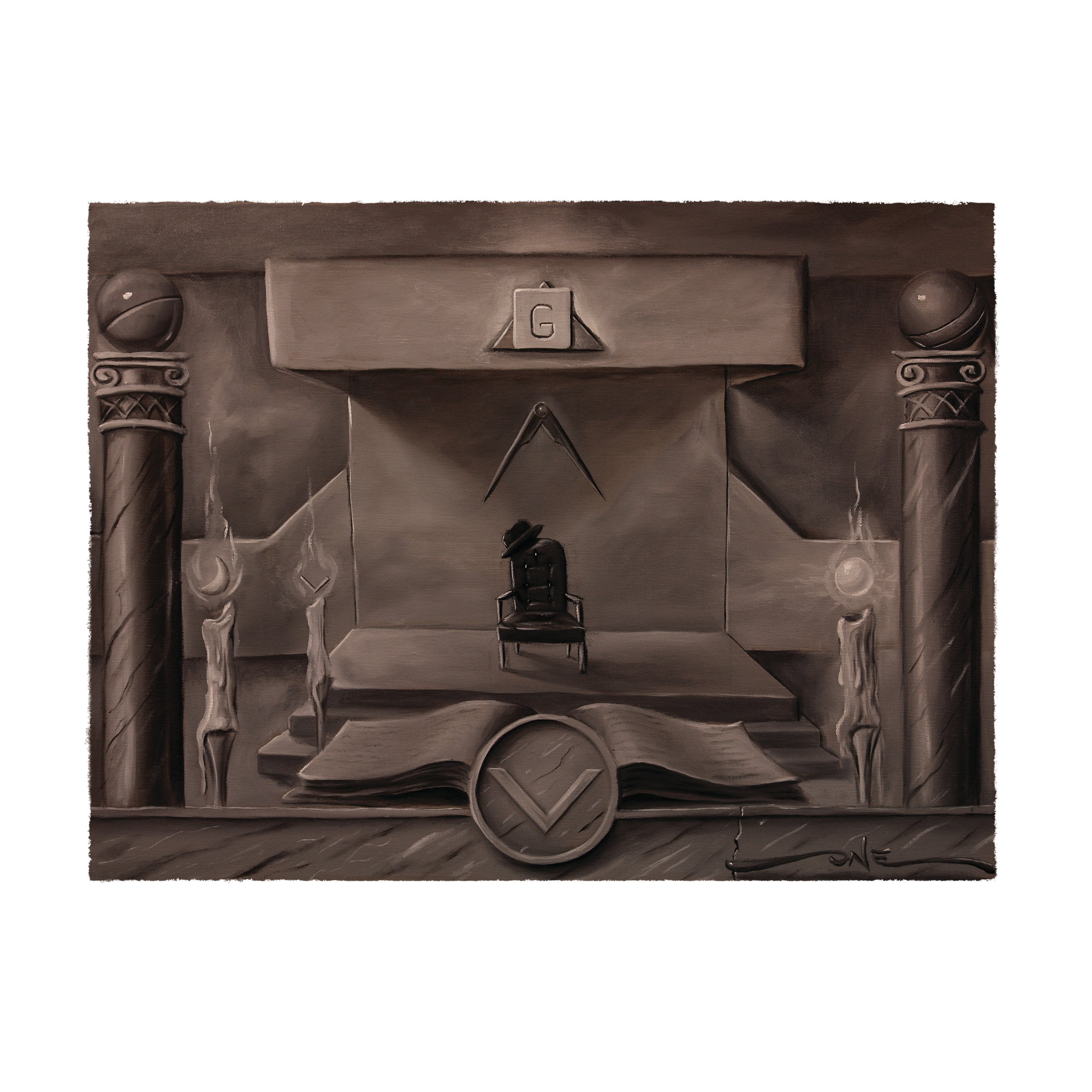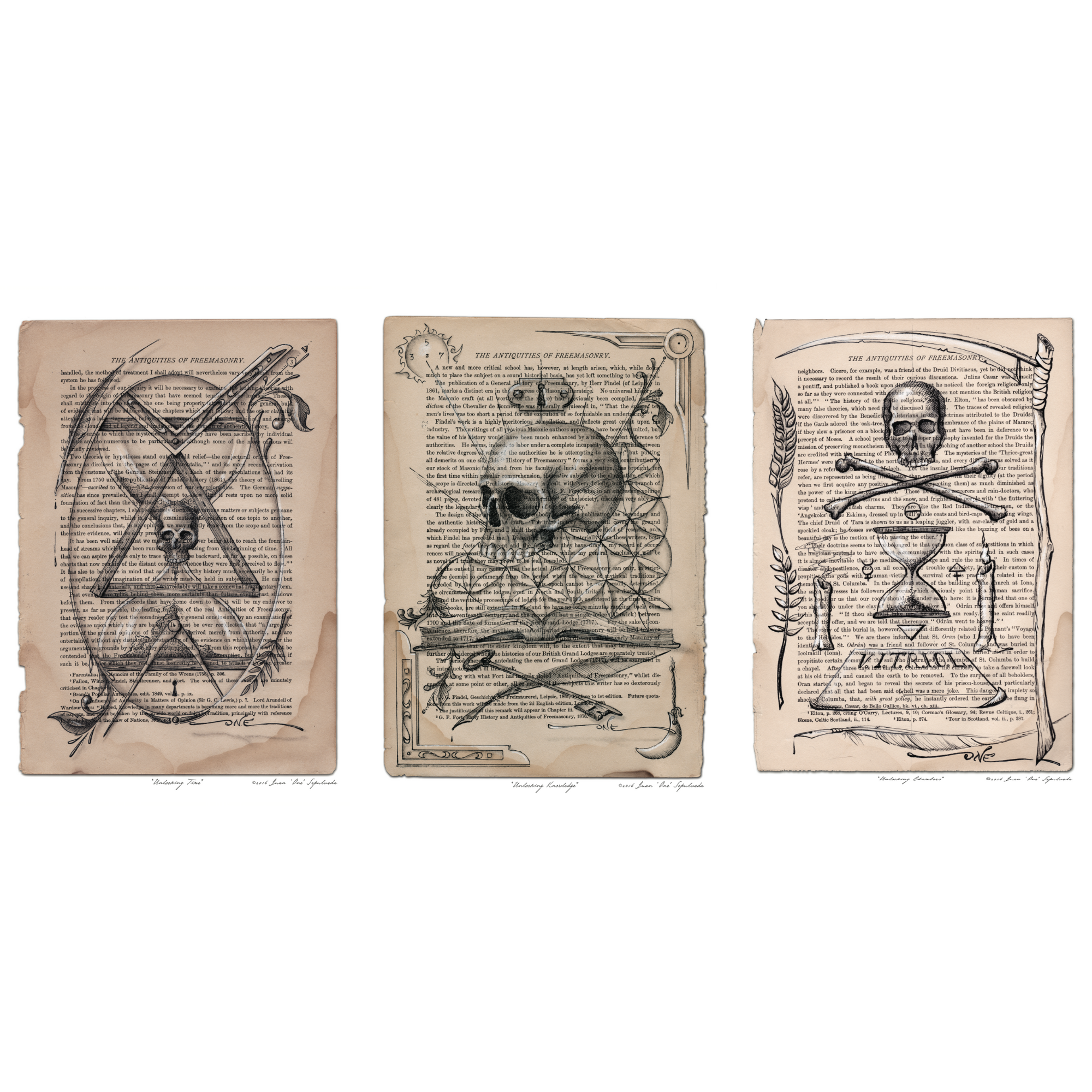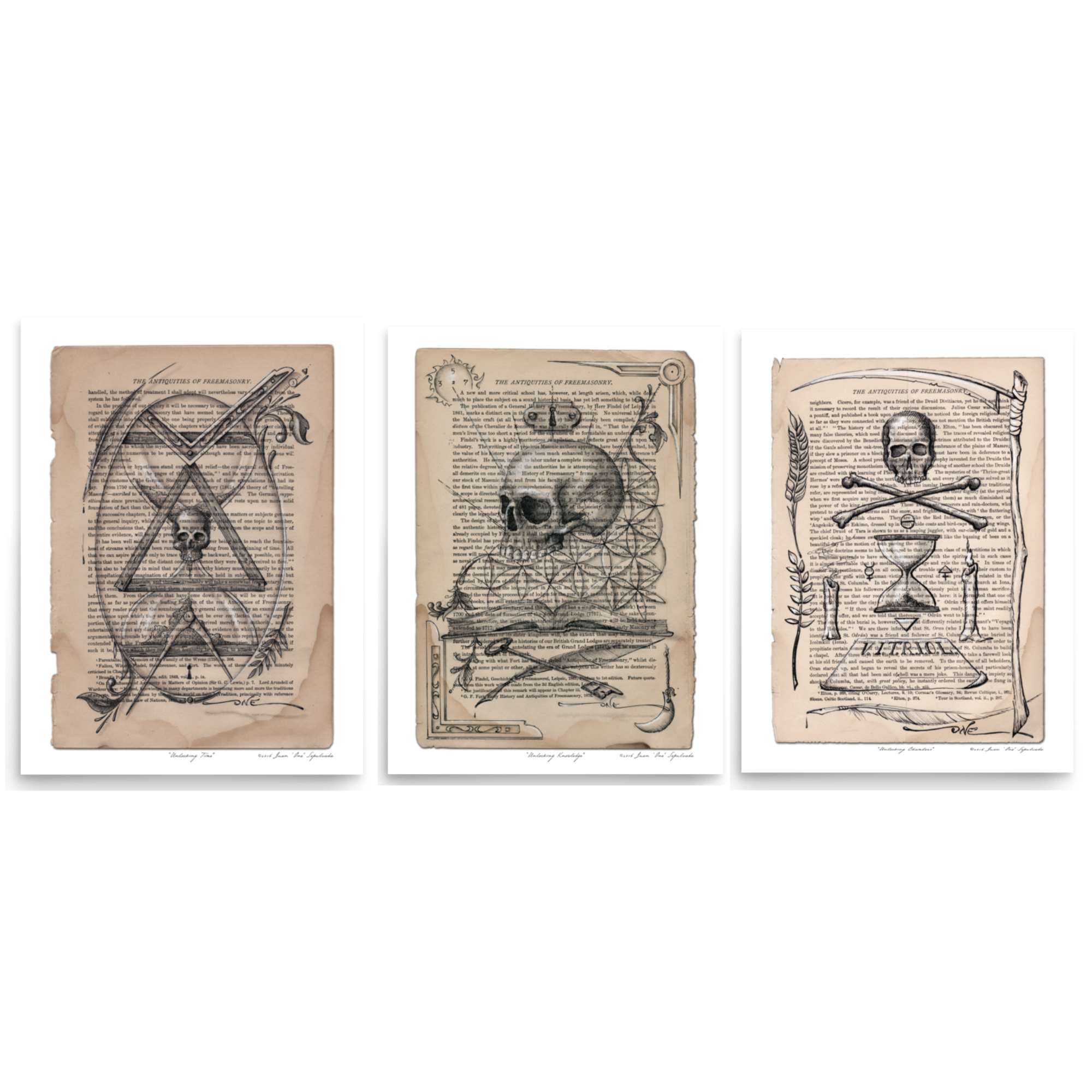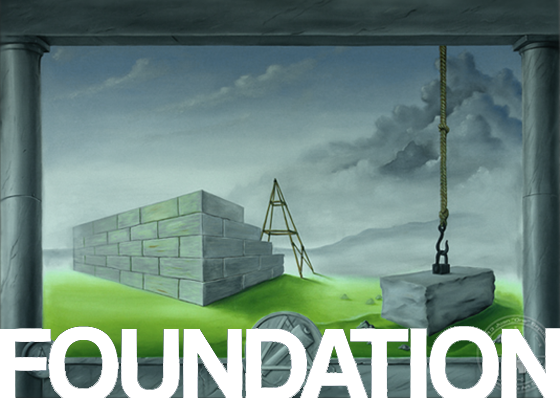
3 Simple Tips to Improve Your Masonic Education
 As you already know, the stability of a building is dependent on the strength of its foundation. Similarly, the educational foundation of every newly-initiated Mason is equally as important to their growth and progression through life.
As you already know, the stability of a building is dependent on the strength of its foundation. Similarly, the educational foundation of every newly-initiated Mason is equally as important to their growth and progression through life.
Tip #1: Meeting Regularly
In the united states, it is common that there is a stated meeting every other week. For ease of explanation, I will use my Lodge as an example. My Lodge has stated communications (regular meetings) the first and third Tuesday of every month. This gives us the chance to schedule Masonic Education Nights on the Second and Fourth Tuesdays of the Month, in addition to our regularly-scheduled stated communications.
What are the benefits of doing this?
-
The first benefit is consistency. For the Brothers who are married or have variable schedules at work, your spouse or boss will know that on Tuesday Nights, you have a commitment. It is clearly easier to answer, Is today tuesday? than to answer, is today the third Tuesday of the month?
-
The second benefit of implementing the consistency of weekly meetings, is that there is always something to work towards. In some of the Lodges that I have seen implementing this technique, on the Masonic Education Night, they help brothers with their Memory Work. If there is an upcoming Degree, the Brothers can practice and help one another to improve upon their roles.
-
Finally, the benefit of Fellowship and Brotherly Love. In today’s busy world, we often lose track of the importance of having regular diversions or interactions with our friends and Brothers. Having this weekly meeting, gives you an opportunity to know your Brothers better and solidify your relationships.
Tip #2: Distinction between Instructor and Mentor
Let’s face it, there is a lot to learn through the study of the Three Degrees in Freemasonry. The amount of memory work can be a little intimidating. However, by ensuring that there is a separation of roles between the Instructor and the Mentor, the newly initiated Brother has two experienced Brothers to help him in this task. First, let’s define the roles of the Instructor and the Mentor.
The Instructor
The instructor is that Brother who will assist the the newly-initiated Brother in learning his Memory work. He is the one to share techniques on how to better go through the material and memorize it. He will provide the technical feedback what is the best method to learn the lessons of the Craft and how to recall them when it is time to prove proficiency before the Craft. The instructor will also be the person to meet in the lodge room with the Brother, shortly after his initiation, to refresh his memory of everything that went through and help him remember the sequence of events which took place. I have seen this step being ignored too often, to the detriment of the instruction process. The importance of this exercise is that our brains are able to recall information more easily when provided with context.It is easier for a Brother to remember the words that he heard, if he creates a connection with the place in which he first heard those words.
Basically, our brain will create connections between the information being received and the feedback from the different senses. For example, it is easier for a Brother to remember the words that he heard, if he creates a connection with the place in which he first heard those words. Have you ever written down in a notebook and later tried to visualize where in the page those notes are written in order to effectively recall the information? The same principle applies to the memorization of the Catechism or Degree Work.
The Mentor
The role of the Mentor is one of esoteric guidance. According to the Grand Lodge of Florida (USA) “The
The mentor becomes the person who helps the Brother unravel the mysteries concealed within the Degree work. It is understandable that in some cases, due to the unavailability of Brothers with the flexibility to become mentors, both roles of Instructor and Mentor will be played by a single individual. In this case, it is advised that the Brother taking on this dual responsibility maintains a good balance between the two roles. But as much as possible, it is recommended that these two roles are kept separate, for the benefit of the new Brother and the quality of his education.
Tip #3: Place a Blueprint on the Trestleboard
In operative masonry it was common for the Master Builder to gather his workers and present them with their daily tasks, by placing the plans on a trestleboard. This helped the group of builders to begin their labor with a common understanding of what was expected of each one of them.
Similarly, In the early days of their journey in Freemasonry, the newly-initiated Brothers can be presented with a blueprint of the various education programs in which they should participate. This gives each Brother a step by step guide which will suggest a path of study that can give them a more complete masonic education.
It is common for Grand Lodges and Individual Districts to put together Masonic Education workshops and programs. However, considering the overwhelming amount of information the Brothers are constantly receiving, they might miss these opportunities.
 There is much more to Masonic Education than to simply go through the Degrees and sit through the reading of the minutes. There are many opportunities to further your education before seeking further Light in other appendant bodies of Freemasonry. Clearly, the information contained within the higher Degrees is very valuable and can help an individual to grow immensely; However, if a new Brother is prematurely focused in joining these worthy Orders, he might not be taking full advantage of the knowledge that is available through the initiatic Degrees of Craft Masonry.
There is much more to Masonic Education than to simply go through the Degrees and sit through the reading of the minutes. There are many opportunities to further your education before seeking further Light in other appendant bodies of Freemasonry. Clearly, the information contained within the higher Degrees is very valuable and can help an individual to grow immensely; However, if a new Brother is prematurely focused in joining these worthy Orders, he might not be taking full advantage of the knowledge that is available through the initiatic Degrees of Craft Masonry.
For example, The Grand Lodge of Florida has organized very useful programs to help Brothers further their Masonic Education beyond what is contained within the Degrees. The Digest of Masonic Law of Florida has a vast amount of information that can help each Brother be better educated, more resourceful when seeking Light and a better leader, if He decides to become a Lodge Officer.
A great source of Light and Guidance is the District School of Instruction. This is where the District Instructor helps Brothers find the resources to become better men, better Masons and better Lodge Officers. During these meetings, usually held twice a month, Brothers can practice for degrees, work to perfect their memorization of rituals and get to know what their next step will be in their Masonic Education.
In Conclusion
We are given many opportunities to become better men, while enjoying the privilege of calling ourselves a Mason. However, often times these opportunities are missed. Therefore, if you make a commitment to meet more regularly with your Brothers, find a mentor or instructor and plan your Masonic education progress, then it is inevitable that you will fulfill that initial desire... to improve yourself in Masonry and become a better man.



